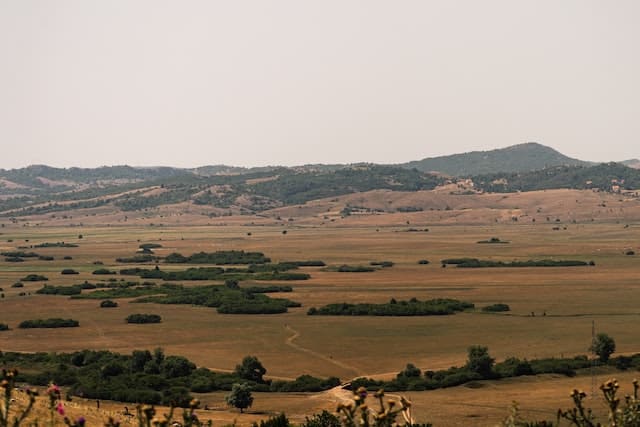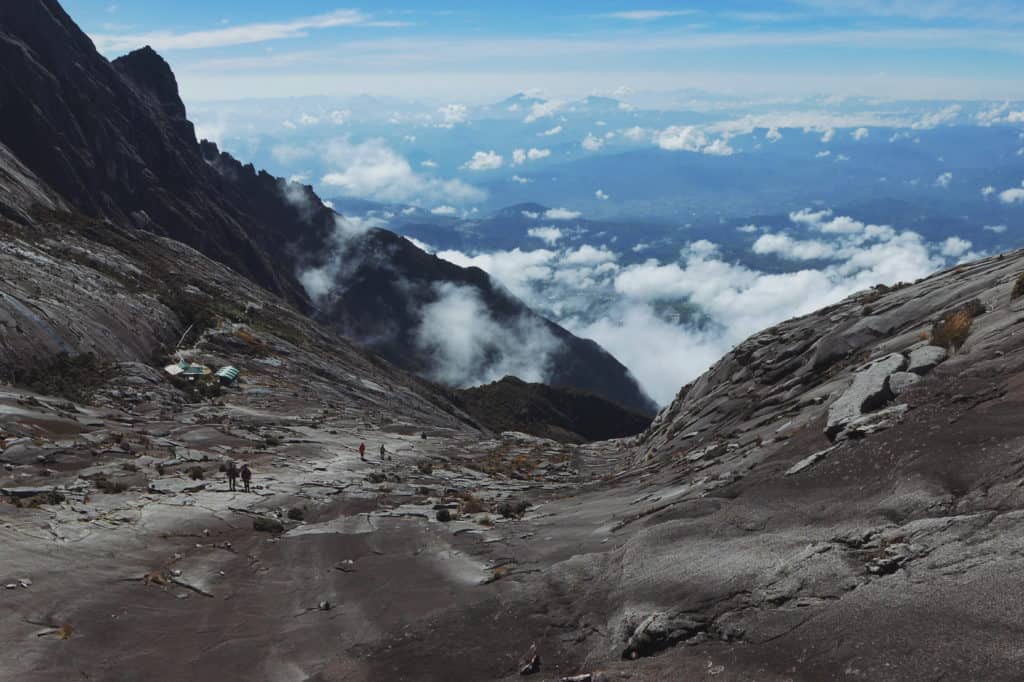First published: 31 December 2020 @ 3:50 pm
The land tenure in Malaysia is based on a concept of “Adat Istiadat”. Under this concept, the land belongs to the government.
However, in practice, the rights to use the land is applicable only for individual or groups of people by way of a document called “Undang-Undang Hak Atas Tanah” (UHAT). UHAT is normally a gift from the Sultan as head of the state.
Types of UHAT
UHAT Sebenar (granted by royal decree)
It refers to a group or community that has received rights over specific land for a specified period and purpose.
UHAT Adalah (granted by a government agency)
It refers to an individual who has received rights over specific land for a specified period and purpose.
What is the Concept of Adat Istiadat?
The concept of “Adat Istiadat” protects the indigenous rights of the people. This reflects in the Federal Constitution which states that the indigenous people have the right to retain their customs and native laws.
This concept also protects the native title rights of the indigenous people. In Malaysia, native title rights are secure under Article 121(1) of the Federal Constitution.
Under this provision, a person who has been using a piece of land before 15 August 1957 and has continuously used it for agricultural or residential purposes has acquired native title rights over that land.
In order to protect these native title rights, in 1987, they passed an Act called “Undang-Undang Hak Atas Tanah dan Gajah” (HAKGA). This Act has undergone changes in 1994 and again in 2004.
This Act governs all matters relating to land and gajah (elephants). It is important to note that this Act does not apply in Sabah and Sarawak. In Sabah and Sarawak, natives have received customary land tenure since before Malaysia became independent on 31 August 1957.

The Article 160(1) of the Federal Constitution protects this land tenure by stating that:
“(1) Subject to Clause
(2), no person may –
(a) enter into any transaction involving any interest in any land within the State; or
(b) acquire any such interest, unless he has previously obtained written consent from the Minister responsible for local government affairs or some other officer authorized by him for that purpose; unless he has previously obtained written consent from such Minister or officer as aforesaid; nor shall any such transaction is valid against any person acquiring an interest in such land after it has entered into unless he had knowledge of it at the time when he acquired his interest therein”.
Sabah and Sarawak also have their own land legislation called “Land Code” which applies only in those two states.
The Land Code was first enacted on 28 May 1954 before Malaysia became independent on 31 August 1957. Since then, it has changed several times until 2008 when another piece of legislation called “Land Ordinance 2009” (LO 2009) replaced it.
The LO 2009 came into force on 1 July 2009 replacing Land Code 1954 and some parts of other Acts including Land Acquisition Act 1960, Mining Ordinance 1971 and Petroleum Development Act 1974, and certain sections of other Acts, including Lands Department Enactment 1955 and Development Enactment 1955.
What is the duration of the land tenure?
The land tenure in Malaysia receives grant for a specified period of time. They can grant the land tenure for a period of time that is less than or equal to 99 years.
However, the land tenure can extend for another period of time if the grantor agrees to do so. What are the rights and obligations of the grantee? The grantee has certain rights and obligations under the land tenure. The UHAT document sets these rights and obligations.
For example, under UHAT Sebenar, the grantee has certain rights over the land such as:
- Cultivate or use it for agricultural purposes;
- Use it for residential purposes;
- Use it for commercial purposes;
- Build structures on it;
- Sell or transfer his interest in that land to another person; and
- Lease out his interest in that land to another person.
In addition, under UHAT Sebenar, there are certain obligations that the grantee must fulfill such as:
- To pay rent to the government at a rate specified in UHAT Sebenar;
- To pay taxes on any income derived from that piece of land; and
- To comply with any other conditions specified in UHAT Sebenar.

Need More Land Tenure Information?
Under the concept of the Adat Istiadat, the government treats the land as public property and has hold over it.
The Government issues “Undang-Undang Hak Atas Tanah” (UHAT) to private individuals and groups of people to occupy the land and make use of it.
However, if a person wishes to sell his land, he has to get a certificate of title from the government.
Our blog, HandyWork, covers various topics on legal issues and personal finance. We hope you will find our blog useful. For more useful articles, please visit our blog now!

